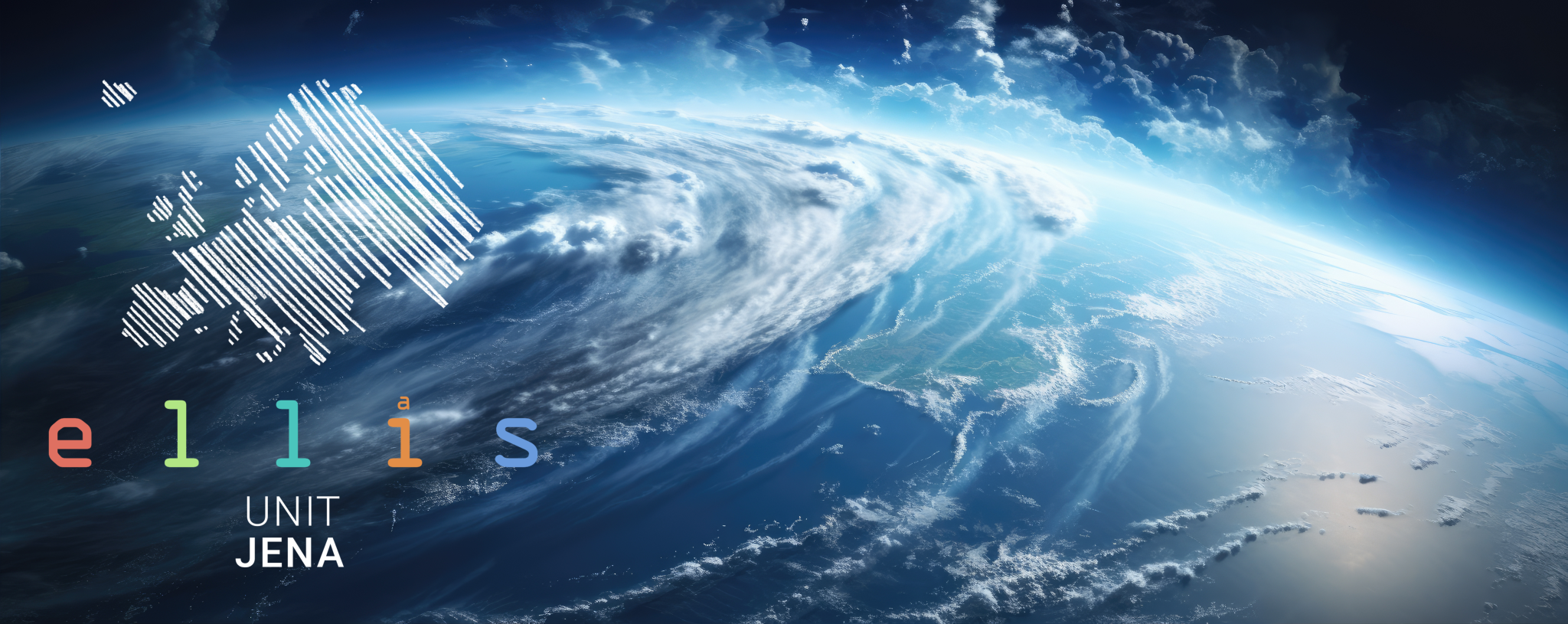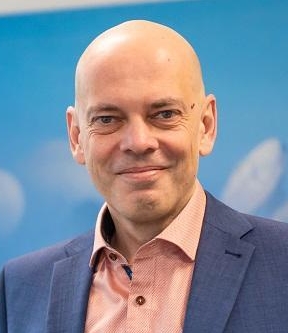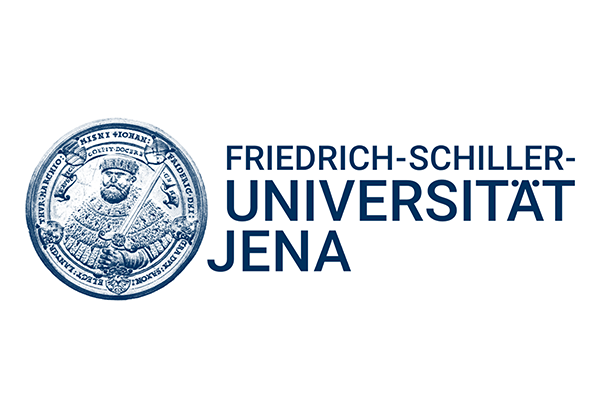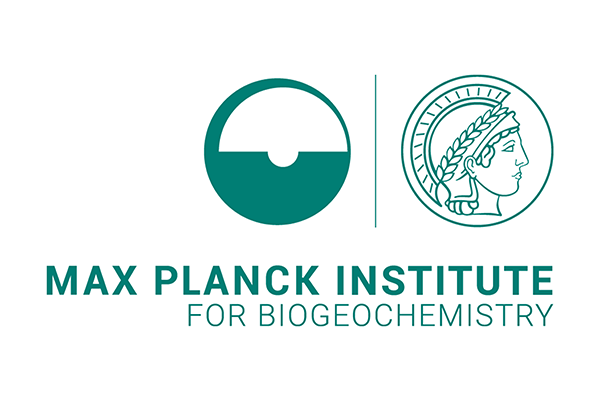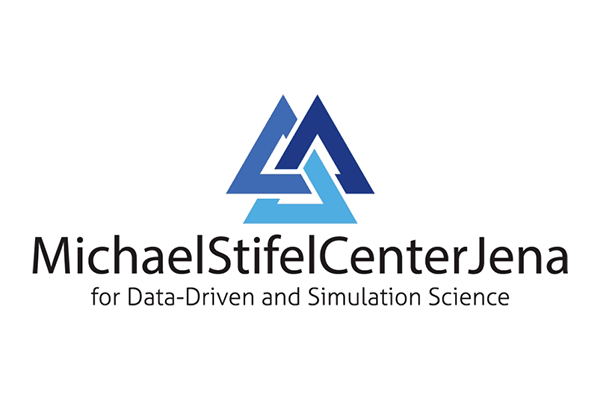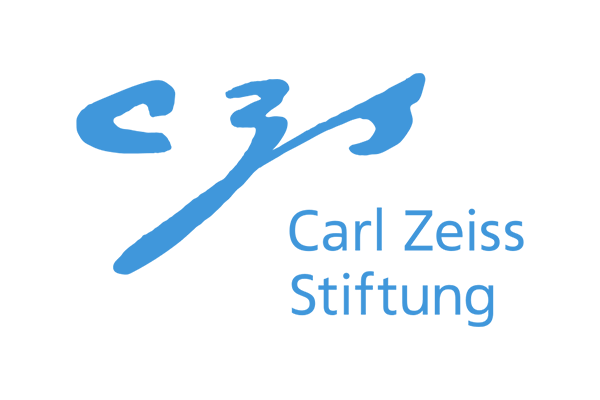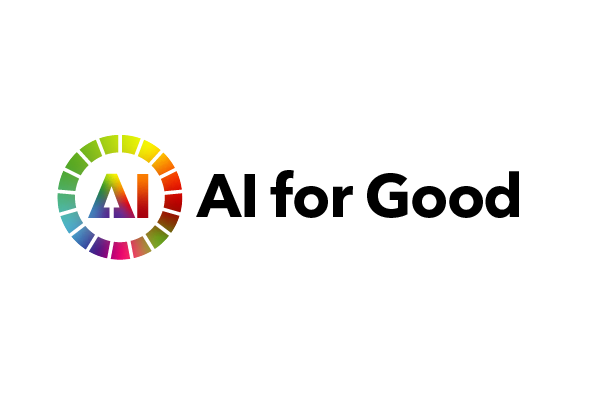The research pursued by the ELLIS Unit Jena is at its core motivated by the desire to explore how environmental and climate sciences can profit from machine learning and AI advances to gain a better understanding of Earth dynamic systems. Highlights of this research agenda include fundamental and pioneering work on the evaluation of climate change impacts in the society and the economy. Beyond a purely scientific work, this research will enable the regulatory bodies and policy makers in their decisions and measurements as well as the broader public to get a better grasp.
The ELLIS Unit Jena is involving the Friedrich Schiller University Jena, the Max Planck Institute for Biogeochemistry and the German Aerospace Center and is funded by the Carl Zeiss Foundation and the Michael Stifel Center Jena.
LATEST UPDATES
ELLIS unit Jena at a glance
Unit members
0
Associate Members
0
Partner
0
Associated Postdocs
0
ELLIS PhD candidates
0
Associated PhD
0
Visiting PhD
0
Multimedia Creative Team
0
“I am glad to see that we are already on the map of Europe’s most excellent research units for environmental AI. With the support of the Carl-Zeiss-Stiftung, the Friedrich Schiller University Jena, and the EU commission, this will only grow in the future. Our impact even goes beyond Earth sciences: For instance, the machine learning methods we develop in this context are already applied to data from medicine and psychology”
"AI is one of today’s most groundbreaking technologies. Its potential for helping with the climate and biodiversity crises seems infinite, e.g. for early warning systems, sustainable resource use or detection of climate extremes and their impacts."
Located in Germany, Jena is renowned for its rich scientific heritage and vibrant academic community. Home to the esteemed Friedrich Schiller University, founded in 1558, Jena boasts a legacy of over four centuries of academic excellence. Alongside the university, the city hosts a plethora of research institutions, making it a bustling hub of innovation and discovery.
Beyond its academic prowess, Jena enchants visitors with its picturesque landscapes, charming historic architecture, and vibrant cultural scene. From exploring the streets of its medieval Old Town to embarking on scenic hikes in the surrounding forest, Jena offers a captivating blend of intellectual stimulation and natural beauty.
Dr. Conrad H. PHILIPP
European Laboratory for Learning and Intelligent Systems (ELLIS)
ELLIS Unit Jena | Project Coordinator
